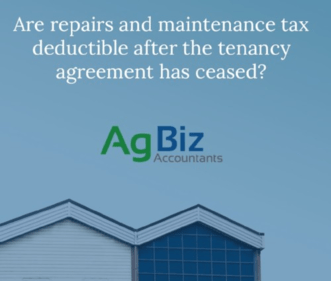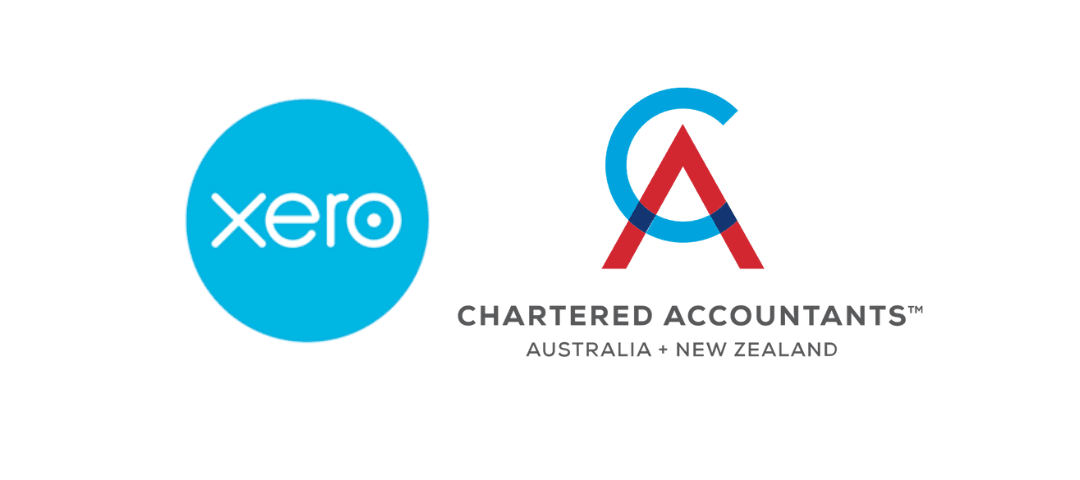It is common for a rental tenancy agreement to end, and then the owner may decide to sell the property or move into the property themselves. If the property has been rented for some duration, some repairs and maintenance may be required.
There is normally no doubt that the specific wear and tear occurred during the period the property was rented. Logistically, after the tenant moves out, this presents a great opportunity for the owner to arrange for the repairs and maintenance without the hassle of access issues or arranging for tradies to visit the property with interruptions to the tenant.
Common examples include replacing old carpet, replacing damaged curtains, painting: both interior and exterior, garden and section maintenance etc. These costs could be upwards of $20k in many cases, especially if a long-term tenant has vacated.
Tax Treatment:
If the tenant moves out of the property, and the owner plans to move into the property, or the owner plans to sell the property, IRD view is that repairs and maintenance (and property expenses) will not be deductible for tax purposes.
Their view is that the rental period ends when the tenancy ends. Therefore, the expenses after the tenancy ends do not have any connection with the owner earning income (rent) or carrying on a rental business (to earn rent).
Thoughts:
From a strict interpretation of the income tax act, an expense must be connected to earning income or carrying on a business. When the tenant moves out and the owner’s intention changes to moving into the property for private use or selling the property, there is no connection to earning rental income. This position does seem unfair to the owner who is often conducting repairs and maintenance that specifically relate from the tenancy period.
When are repairs and maintenance deductible?
If the property owner is carrying on a rental activity, the repairs and maintenance will be tax deductible. This may include periods where the property is vacant, and no rental income is being earnt provided that the owner has intentions to re-tenant the property once the repairs are completed.
Appropriate record keeping for this may include copies of documents showing the property being advertised with the property management company or websites (Trade Me etc) at the time the repairs and maintenance is performed.
Closing thoughts:
The timing of expenditure is essential in determining the tax deductibility when transitioning from renting a property (and being a landlord in business) to using the property privately or selling. For an expense to the tax deductible there must be a connection to earning income or carrying on a rental activity.
Always consider what is repairs and maintenance (tax deductible) and what is a capital improvement or upgrade. Talk to us before doing any work if you are unsure.
If you currently own negatively geared rental properties, consider any repairs and maintenance before 31 March 2019. IRD have issued a paper on ring-fencing of rental losses which is likely to apply from 1 April 2019. This means that tax refunds from rental properties are likely to stop.
Contact Tim Doyle (tim@agbizaccountants.co.nz) for a no obligation call or meeting to discuss any tax or accounting questions. Our office is in Cambridge, NZ, but distance is no problem. We have many international and national clients.
This material has been prepared for informational purposes only, and is not intended to provide, and should not be relied on for, tax, legal or accounting advice. You should consult your own tax, legal and accounting advisors before engaging in any transaction.





